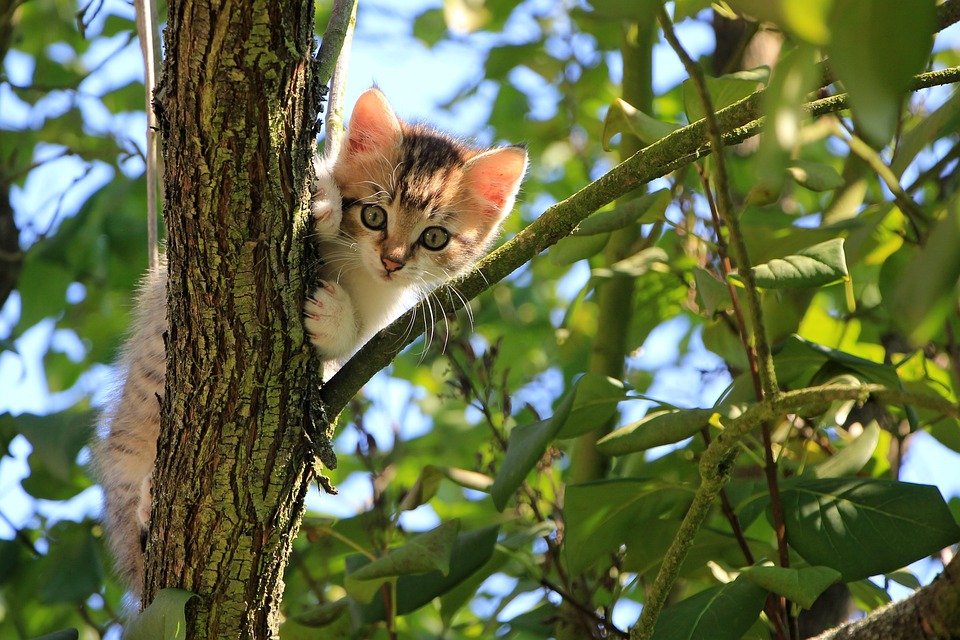Small animals like insects and worms have long been known to have symbiotic relationships with bacteria that help them digest food or protect them from pathogens. However, a recent study published in the journal Science has revealed a fascinating new aspect of this relationship – small animals acquiring genes from bacteria that can produce antibiotics.
The study, conducted by researchers at the University of East Anglia in the UK, focused on a group of small animals known as nematodes. Nematodes are microscopic worms that are found in soil, water, and even inside other organisms. The researchers discovered that nematodes have acquired genes from bacteria that allow them to produce antibiotics, which they use to protect themselves from harmful pathogens.
This discovery is significant because it sheds light on the complex and dynamic nature of the relationships between small animals and the bacteria that live inside them. It also raises interesting questions about the evolution of antibiotic resistance and the potential for new antibiotic discovery.
One of the key findings of the study is that the genes acquired by nematodes from bacteria are not just any genes – they are specifically genes that encode enzymes involved in antibiotic production. This suggests that the acquisition of these genes was not random, but rather a targeted process that allowed the nematodes to gain a specific advantage in their environment.
The researchers also found that the genes acquired by nematodes are similar to genes found in bacteria that are known to produce antibiotics. This indicates that the nematodes are not just passively acquiring genes from bacteria, but actively selecting for genes that provide them with a competitive edge in their ecological niche.
The implications of this discovery are far-reaching. It suggests that small animals like nematodes may play a more active role in their own defense against pathogens than previously thought. It also raises the possibility that other small animals may have similar mechanisms for acquiring antibiotic-producing genes from bacteria.
In addition, this study highlights the potential for new antibiotic discovery. By studying the genes acquired by nematodes, researchers may be able to identify new antibiotic compounds that could be used to combat antibiotic-resistant bacteria.
Overall, the study provides a fascinating glimpse into the intricate and often surprising ways in which small animals interact with the bacteria that live inside them. It underscores the importance of studying these relationships in order to better understand the complex ecosystems that exist all around us.





